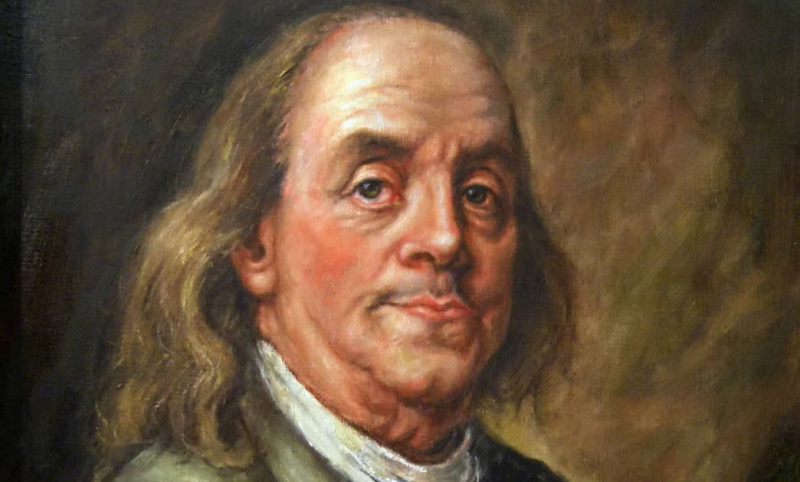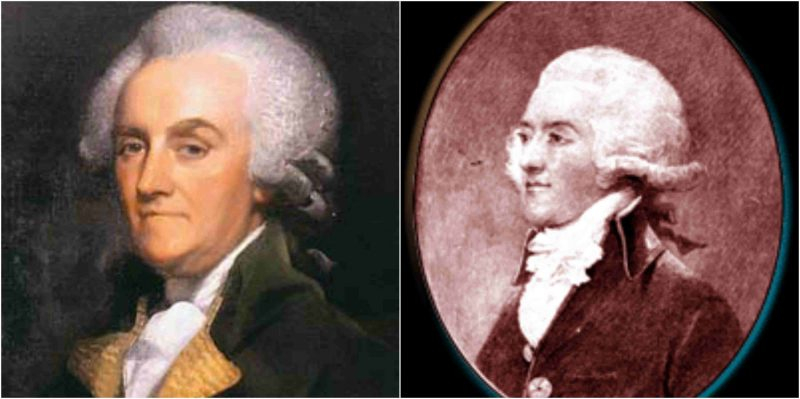His son was a British loyalist
Franklin also fathered an illicit son named William in 1730 in addition to the two children he had with his wife, Deborah Read. Franklin joined in the desire for separation from the home nation, but William remained a steadfast Tory who called the revolutionaries "intemperate zealots" and refused to give up his position as the royal governor of New Jersey. He was imprisoned in a colonial jail for two years for resisting the revolution, rose to the position of leader in a gang of loyalists, and then relocated to England at the end of the war.
Due to his involvement in the Asgill Affair, William Franklin rose to prominence as a devoted Loyalist. William oversaw a raid in 1782 that resulted in the capture of Joshua Huddy, a New Jersey militiaman. Huddy was a well-known member of the Association of Retaliation, a gang that frequently murdered and viciously attacked Loyalists. William was charged with giving the order to Huddy's execution to Officer Richard Lippincott in retaliation for the execution of other Loyalists. William's involvement in the Asgill Affair and its long-lasting ramifications on British-American relations. Peace talks were starting as the conflict was coming to a conclusion. Furious after learning of Joshua Huddy's execution, General George Washington threatened to execute Captain Charles Asgill, a British officer captured at the Battle of Yorktown, unless the British handed over Officer Richard Lippincott to the Americans for trial. Instead of handing Lippincott over to the Americans, the British tried him themselves and cleared him of all accusations related to Joshua Huddy's death.











